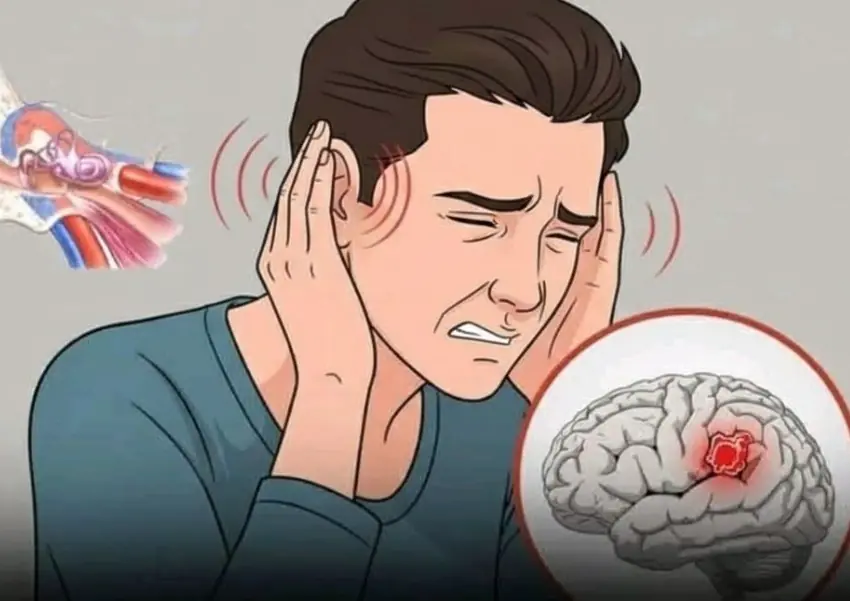
Mistakes when using eye drops can cause more illness, even blindness
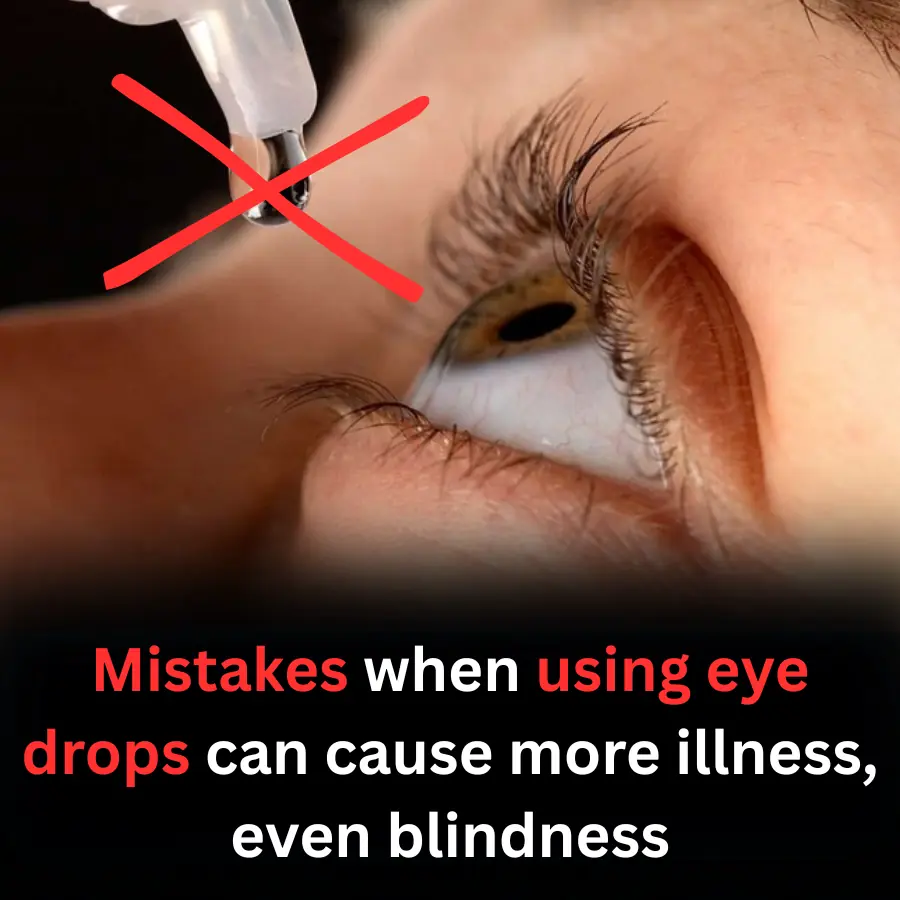
Mistakes When Using Eye Drops That Can Cause More Harm, Even Blindness
Using eye drops is a common method to treat eye problems such as dry eyes, allergies, infections, or other conditions. However, if not used properly, eye drops can cause additional problems for the eyes, and even lead to serious complications, including blindness. Below are some common mistakes people make when using eye drops that should be avoided:
1. Using Eye Drops Without a Doctor’s Prescription
-
Mistake: Many people use eye drops without proper guidance from a doctor, especially steroid-containing drops. Overuse or incorrect usage of such drops can worsen eye problems, such as causing infections or weakening the immune response in the eyes.
-
Consequence: Severe eye inflammation, corneal damage, and, in extreme cases, blindness.
2. Using Eye Drops Too Frequently or for Too Long
-
Mistake: Some people use eye drops too often, especially allergy or soothing drops, without following the correct dosage or duration of use.
-
Consequence: Prolonged use can lead to "drug tolerance" or increase the risk of developing glaucoma (increased intraocular pressure), which can damage the optic nerve and may eventually result in blindness.
3. Using Someone Else’s Eye Drops
-
Mistake: Sometimes, people borrow eye drops from others when they feel the need, without realizing that each drop is designed for specific conditions.
-
Consequence: Using someone else's eye drops can cause allergic reactions, infections, or may not be effective in treating your own eye issues.
4. Allowing the Tip of the Eye Drop Bottle to Touch the Eye or Other Surfaces
-
Mistake: Placing the tip of the eye drop bottle directly into the eye or allowing it to touch hands or other surfaces can lead to contamination.
-
Consequence: Eye infections, conjunctivitis, or corneal issues may arise.
5. Not Cleaning Properly After Using Eye Drops
-
Mistake: Many people don’t wash their hands thoroughly before and after using eye drops, or fail to clean the tip of the drop bottle after use.
-
Consequence: Bacteria can contaminate the eye drops, leading to infections and worsening the eye condition.
6. Using Expired Eye Drops
-
Mistake: Some people do not pay attention to the expiration date of eye drops and continue using expired products.
-
Consequence: Expired eye drops can deteriorate, causing unwanted reactions or increasing the risk of infection.
7. Not Storing Eye Drops Correctly
-
Mistake: Not storing eye drops in a dry, cool place, or exposing them to extreme temperatures.
-
Consequence: The drops may become ineffective, lose their potency, or cause harm to the eyes when used.
8. Abusing Eye Drops That Brighten the Eyes
-
Mistake: Some people use eye drops that brighten the eyes to reduce eye fatigue or redness without medical advice.
-
Consequence: Overuse of these drops can damage the eyes, cause dryness, and reduce the eye's natural healing ability.
How to Use Eye Drops Correctly:
-
Wash your hands thoroughly before use.
-
Check the expiration date and store the eye drops as per the instructions.
-
Avoid touching the tip of the bottle and ensure it doesn't come into contact with the eye or any other surface.
-
Follow the doctor’s instructions on dosage and duration of use.
-
Clean up after using the drops.
Using eye drops correctly not only helps treat eye problems effectively but also protects long-term eye health. If you experience any unusual symptoms, consult with a doctor immediately to avoid serious complications.
News in the same category

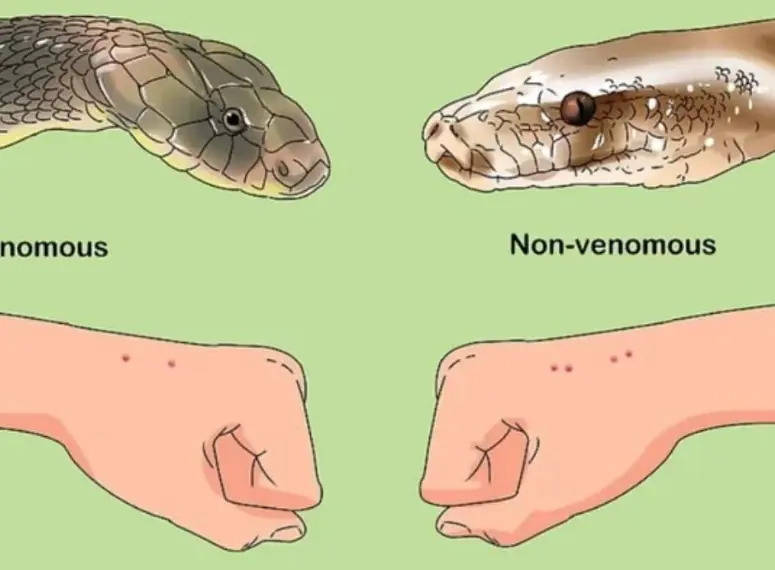
When bit.ten by a snake, you should do these things first

This Button on Your Car Key Is Something 90% of Owners Have Never Used — Yet It Could Save Your Life in an Emergency

Health Experts Warn: This Common Fruit Contains the Highest Pesticide Residue and Should Be Avoided If Not Properly Washed

Three Subtle Signs Women Can Check to Detect Possible Infidelity, Relationship Experts Say

Stop Putting Lemons Straight Into the Fridge: Use This Simple Trick to Keep Them Fresh for Up to a Year

Simple tips to deal with clogged pipes at home

To get rid of cockroaches, you can use several natural ingredients commonly found at home.

Sprinkle One Spoonful of This When Frying Fish: Perfect Golden Crisp, Even Cooking, and No More Sticking to the Pan

Added Too Much Salt While Cooking? Don’t Add Water — Use This Ingredient to Balance the Flavor

A little-known secret to keeping ginger fresh and delicious

How to fix a leaking refrigerator: Simple solutions and tips to extend its lifespan
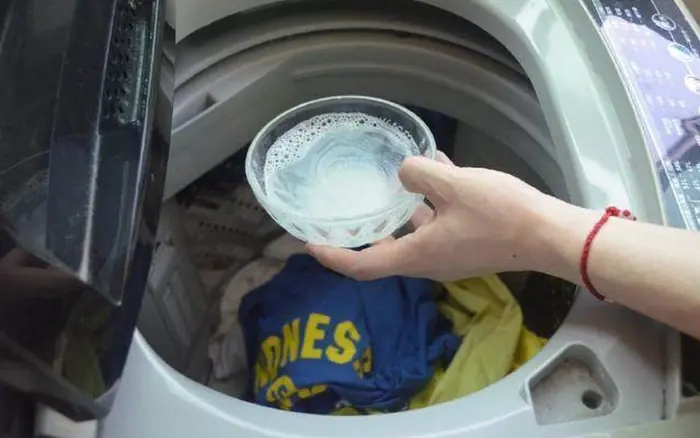
When washing clothes, don't just put in detergent. Let me teach you a little trick
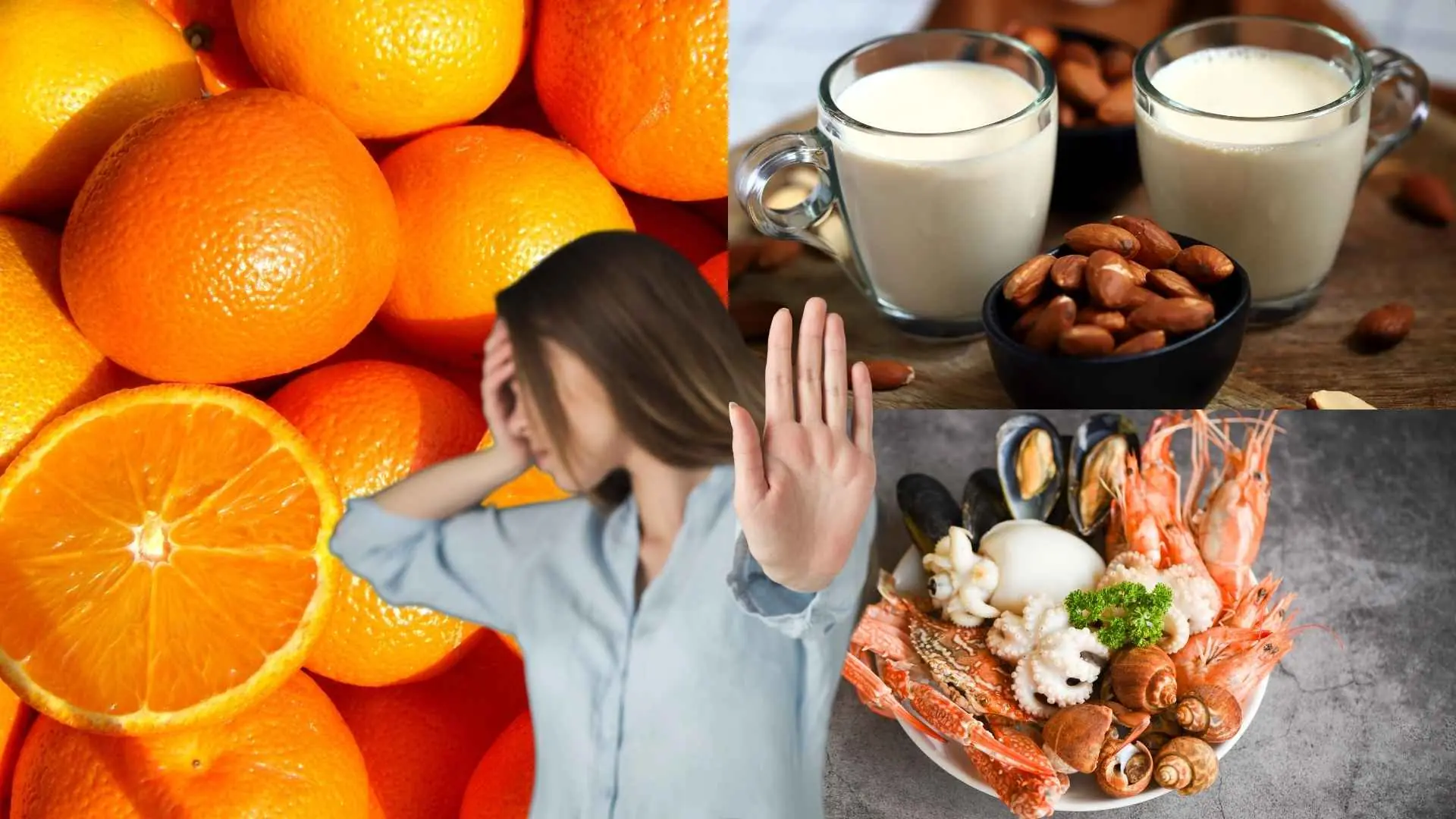
Oranges Are in Season, but Doctors Warn: Never Eat Oranges With These Three Types of Foods
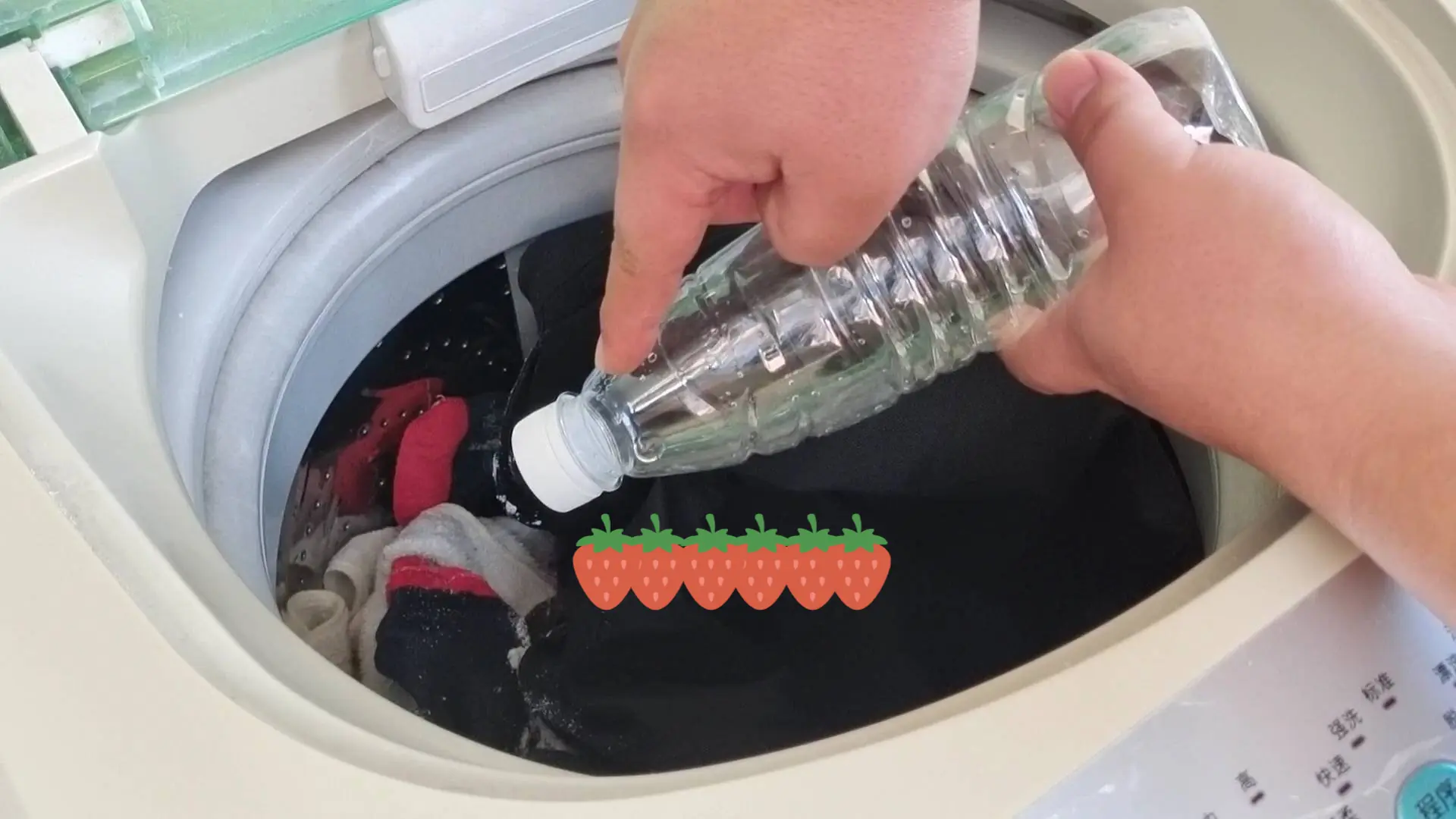
Put an empty plastic bottle in the washing machine — the person who invented this hack must have sky-high IQ
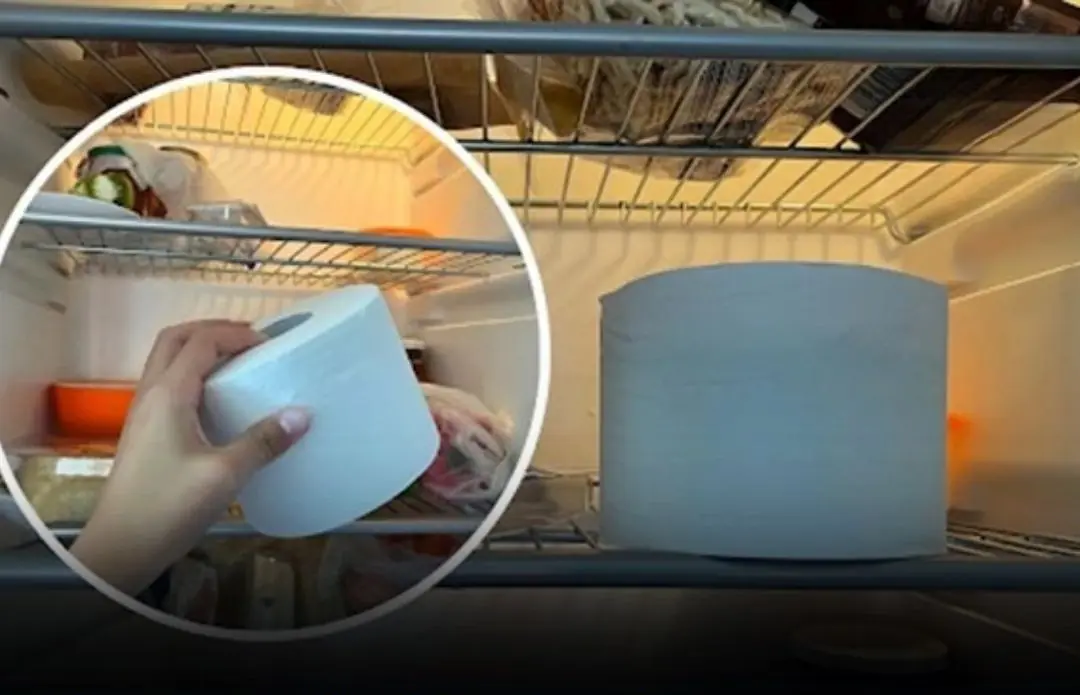
This Surprising Hack Could Save You Thousands

Warm Water Each Morning Can Be a ‘Healing Tonic’—But It Turns into ‘Toxic Water’ If You Drink It in These 3 Harmful Ways

5 Surprising Changes That Happen to Your Body When You Drink Warm Lemon Water Every Morning

Snakes are very afraid of the smell of these 3 plants

When bitt.en by a snake, you should do these things first
News Post

Strawberry Piña Colada with Malibu Frosting
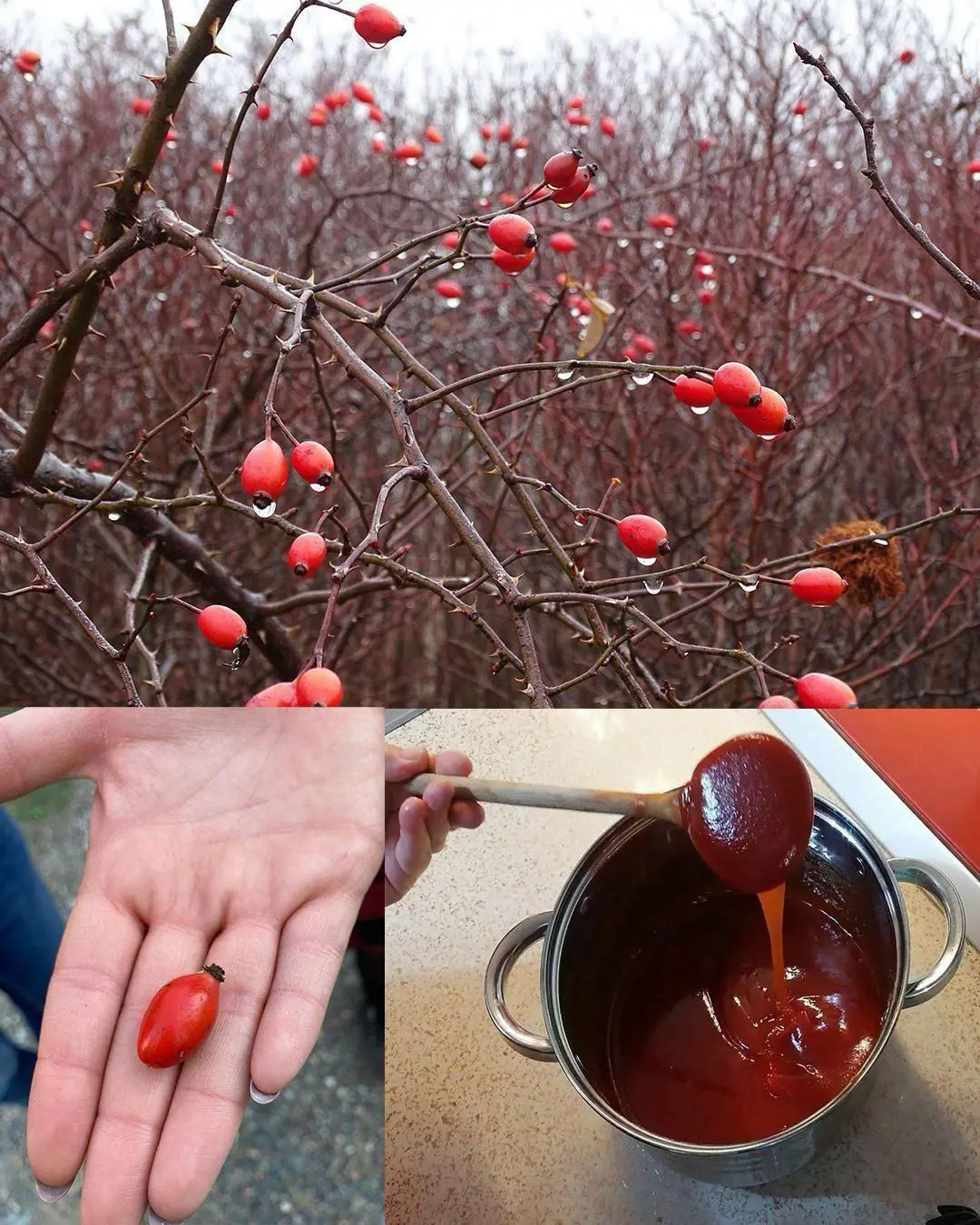
The Hidden Power of Dog Rose (Rosa canina): 10 Surprising Health Benefits and How to Use It

90% of people sleep in the wrong position without realizing it: Sleeping on this side is actually a “lifesaver” for the body
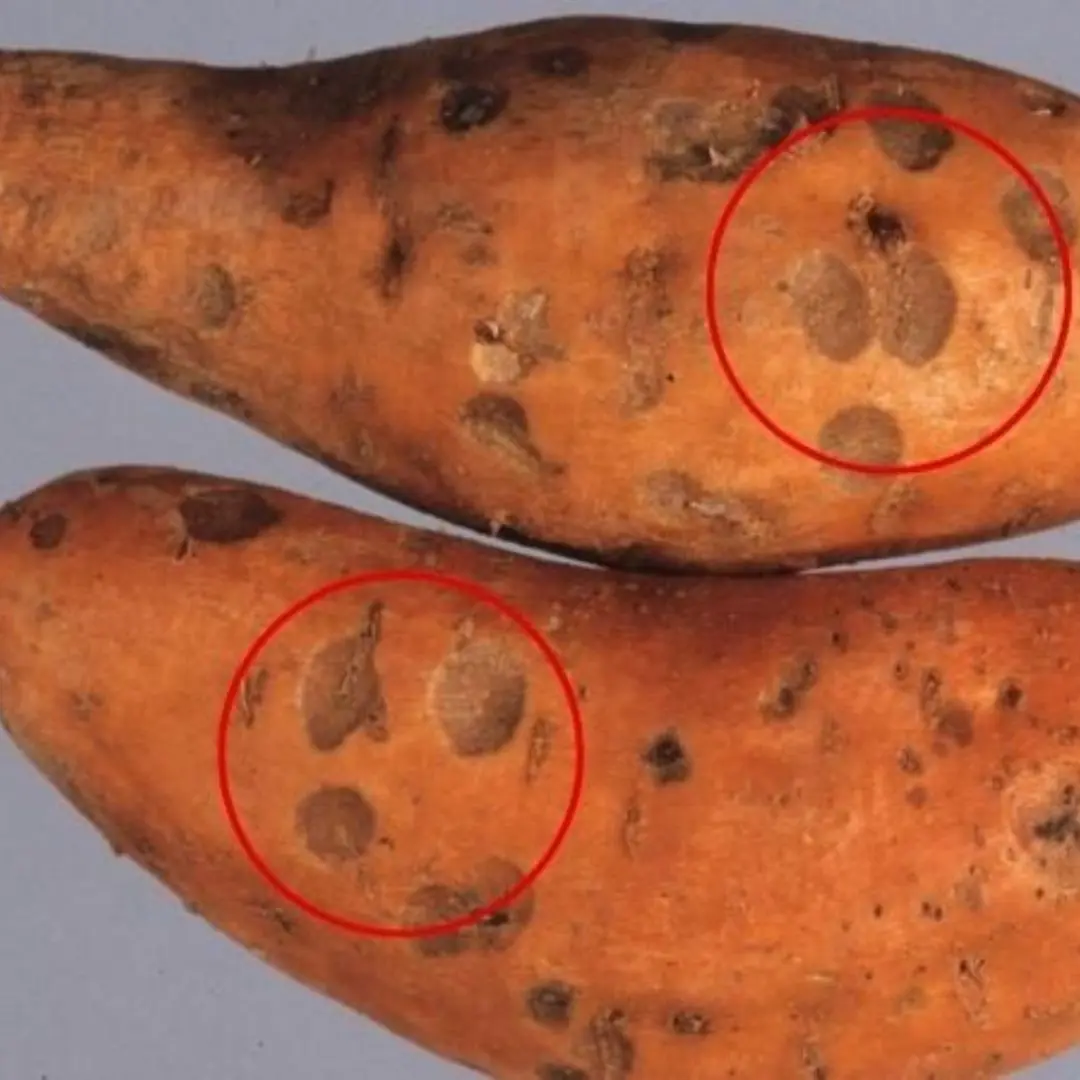
Doctors Warn: 3 Foods That Severely Damage Your Liver
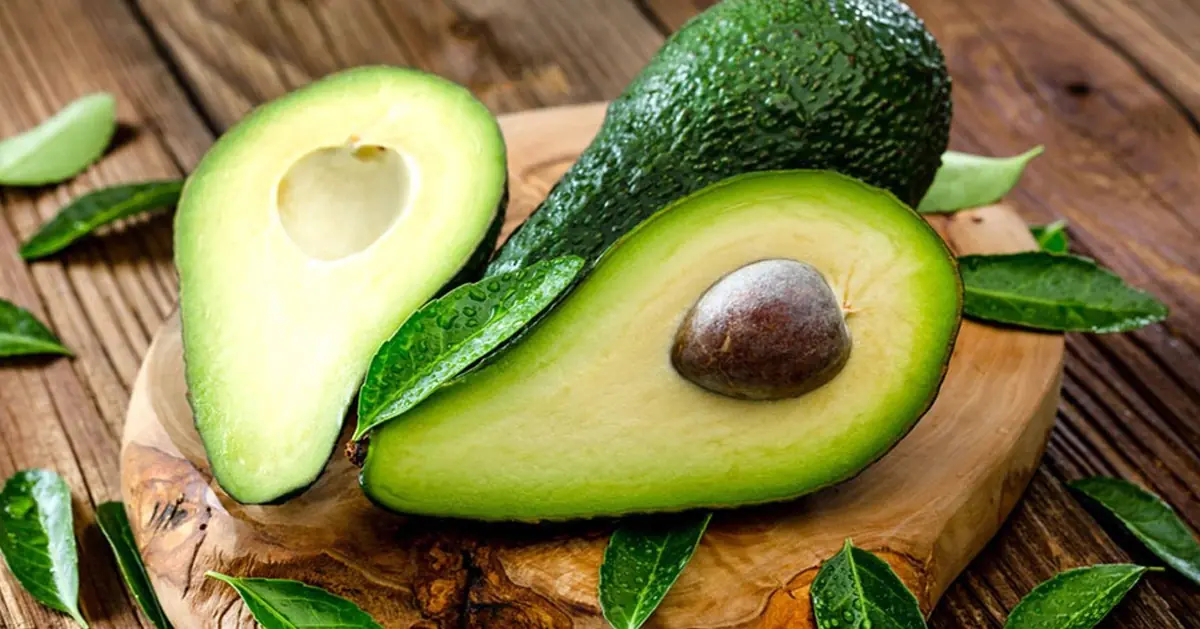
5 groups of people who should avoid avocado, no matter how much they crave it
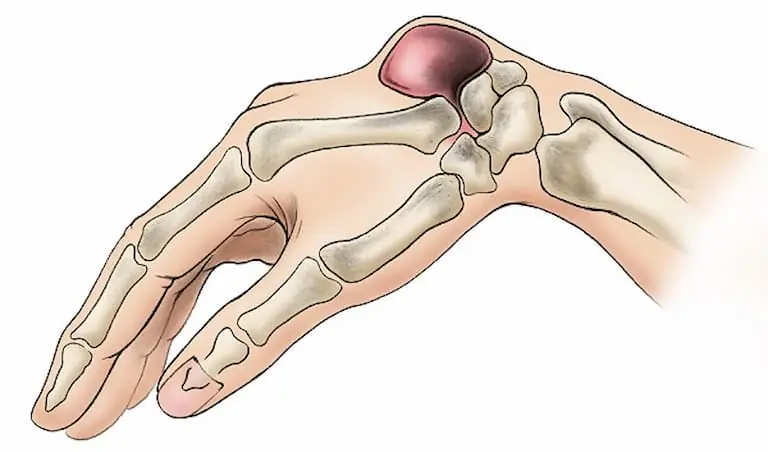
5 Signs of Bone C.a.ncer - Doctor's Warning

A young woman nearly had her face disfigured while cooking, warning about 3 foods that can easily “expl.ode” and require caution
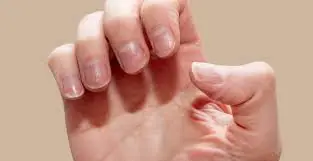
Look at your nails to predict your health. If your nails have these 3 points, see a doctor immediately before you re.gret it

Why smart travelers always unplug the hotel TV when they arrive?

Kidney failure doesn’t happen overnight: 8 signs that demand immediate attention
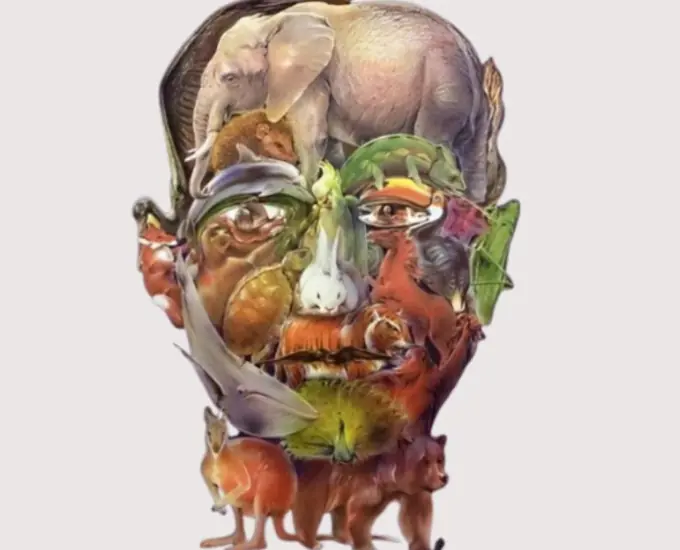
The first animal you spot in this visual reveals your ‘worst flaw’
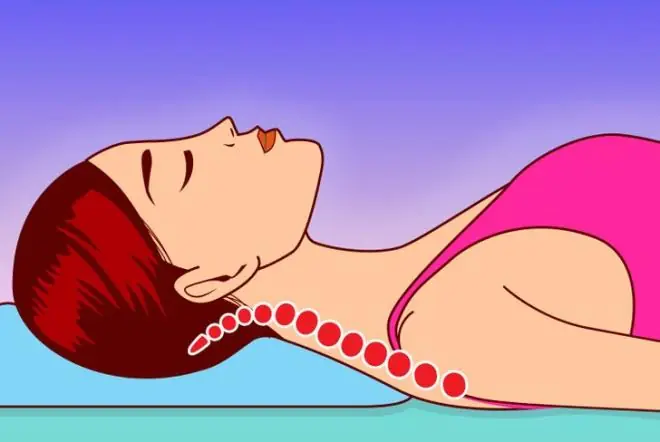
What could happen to your body if you sleep without a pillow?

Cancer cells love these 3 flavors the most many people are shocked to realize they eat them every single day

5 signs of healthy kidneys and how to recognize them
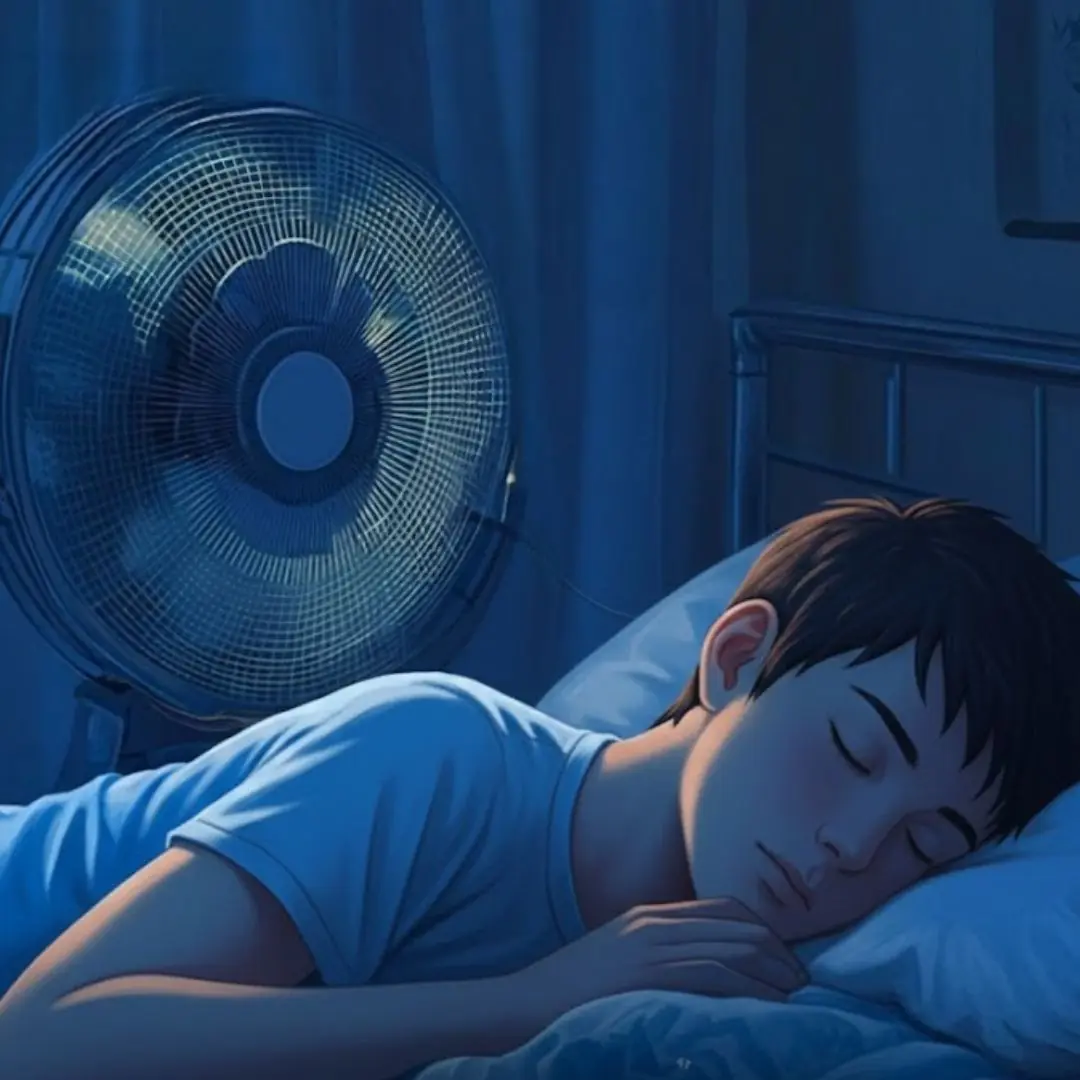
The surprising reason you should never sleep with a fan on at night

When bit.ten by a snake, you should do these things first

Tiny “Bags” on your walls? Here’s what they really are and how to get rid of them for good
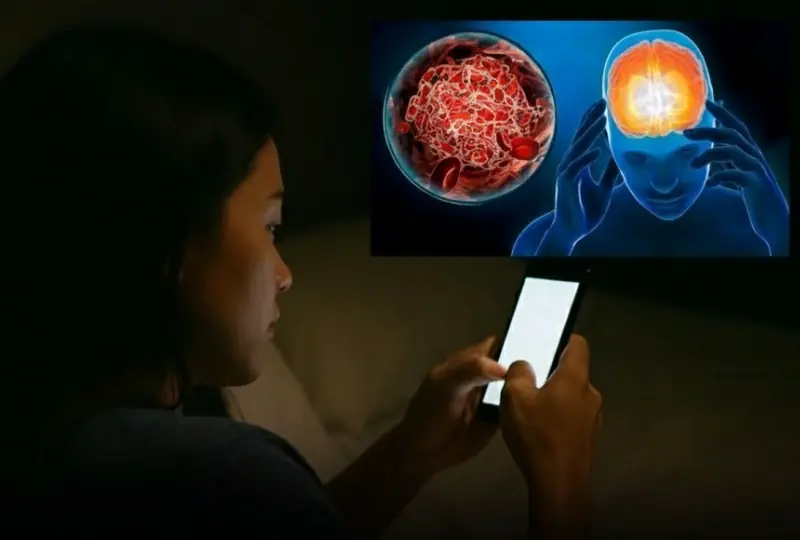
5 nighttime habits doctors warn may raise the risk of str.oke

Why we help waiters: The psychology behind a simple act of kindness
